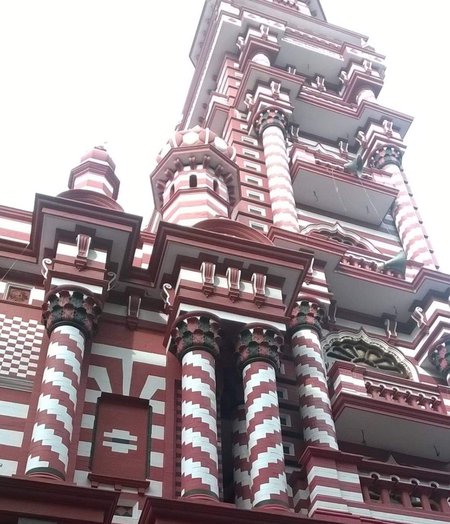
Poetry was the moon-tug that propelled my PhD, and I undertook fieldwork in Sri Lanka, approved by the university late in my doctoral journey, to trace the metaphors in Tamil women’s poetry of Ilankai. The trace is real, yet ephemeral, as the poet Anar wrote, ‘Poetry is the water under which I carry the fire of my being’; it is the warmth of survival yet scalding in its rage for dignity. In academic parlance, I am an outsider enquirer to my field of study, and I grapple with moral and political questions of translations of experience and language. Can empathy take the place of curiosity? How do I stand witness to a memory that is not mine, and implicate my country India in the suffering of a nation of people, now scattered and still in search of a home? Needless to say, my work is an act of privilege, faltering and stuttering in an act of solidarity. I think of my fieldwork in Sri Lanka as standing witness to the memory of Tamil women poets of Ilankai. In my thesis, I write that I am an outside enquirer, but I did not write about the discovery of my own familial roots. That is my understory.
My fieldwork took me to Colombo, Kandy and Batticaloa, but it is Colombo where my tenuous links to Ilankai lay, through my grandmothers, Somavathy and Karunavathy. The day before I left for Sri Lanka, I read an article about the Sri Lankan government’s land grab around the Somawathiya National Park, a part of its vicious campaign to erase Tamils under the garb of development. My maternal grandmother, my ammumma, from Kerala who had never visited Sri Lanka was the namesake of the Sinhala princess, Somawathi, I discovered. That night she happily recounted to me the story of her father, Philip. A lower-caste Christian convert, my great-grandfather made the trip across the sea to Colombo to find a way out of the generational curse of untouchability and landlessness, earning him the epithet ‘Kolumban’, the one from Colombo, in his village, Mullukode, in Kerala. When my grandmother was born, he wrote a letter from Ceylon asking that his daughter be named Somavathy after a Princess in Sri Lanka, and I have wondered since that night what his journey was like.
Where did he hear the tale of the princess who founded a Buddhist temple - an iconic site of a religion that massacred thousands of Tamils whose lineage of suffering I inherit from my father’s family?
From the money he earned as a cook in Colombo for the vellakaran (white man) - before the independence of India and Sri Lanka - he bought land in Kerala, and sent his first-born, my grandmother, to school saying, ‘Learn as much as you want.” Somavathy did just that and became the first female teacher of her community from her village and she taught me my first letters.
Before I discovered the tragic and revolutionary poetry of Sivaramani from Jaffna, I knew my paternal grandmother, Karunavathy, was born in Colombo and that she had spent her childhood there. Since I was never close to her, whom I called Paatti, I had not given it much thought or linked it to why I chose my research subject. But during my fieldwork, armed with the fresh knowledge of one grandmother’s history, I was keen to know more. I once casually mentioned my grandmothers to my go-to rickshaw man in Colombo, Ranjith, who hailed from Jaffna. He was pleased to hear it because Karunavathy was his aunt’s name too! He took me through the markets of Colombo, and dropped me at the entrance of Pettah market, from the memory of my Patti’s first ten years, who has lived in Nagercoil in Tamil Nadu since, estranged from her natal family for marrying a Dalit man. I took my time walking through the market where my paternal ancestors Manickam Mudaliar and Chellam worked with their siblings and cousins, running, among other things, a printing press. I took in the dust, the heat, the noise of the hawkers selling everything from underclothes, to shiny hairpins to spices. I took many, many photographs, and I remember my stroll now vaguely, save for turning a corner and being stunned by the beauty of the Sammankodu Palli, the famous red mosque.
On my return, I went to Nagercoil and showed my paatti the pixelated pictures on my phone. In a rare moment of tenderness in our relationship, she spoke to me of her family, names I had never heard before, places she will never visit again. When I asked her about her memory of Colombo, she told me of a sweet dish her mother would make, how when she once had an accident in the middle of the market, her mother picked her up and ran. I am unsure whom or where she ran towards. Just as I am unsure where I run bearing these stories of my grandmothers, their namesakes, soiled bloodlines, unclear histories, fading memories.
Aparna Eswaran received her doctoral degree from the Centre for Women's Studies, JNU, New Delhi for her thesis titled 'Women Witnessing War- Poetry Written by Tamil Women of Sri Lanka'. Her thesis is dedicated to her grandmothers.
25 June 2021